The Thomson Reuters Foundation’s Index of Pro Bono is the only global survey measuring the amount of pro bono practiced by law firms around the world. The 2024 edition also marks the 10th anniversary since the Index was first launched in 2014. It therefore provides a unique opportunity to explore in-depth and long-term trends on pro bono engagement across Africa, Europe, the Middle East, Asia, Latin America and North America.
Below is a summary of some of the key regional trends.
Sub-Saharan Africa
South Africa continues to be a leader in the pro bono space in Africa, with high levels of engagement and an average of 38.4 hours of pro bono per lawyer each year, recorded in 2024. This has been driven by a more directed approached linking minimum pro bono hours expectations to licensing requirements.
Similarly, Kenya with an average of 28.2 pro bono hours per lawyer, is also an increasingly influential market in the region. New institutions such as the Pro Bono Institute in Kenya, and longstanding voices like the Center for Reproductive Rights, are helping to build interest in and support for pro bono in the country.
In Nigeria, we are witnessing pro bono culture gain traction, driven by actors such as the Nigerian Bar Association (NBA), which mandates that lawyers dedicate a portion of their time to offering free legal services to help address the access to justice gap. Nigerian lawyers are currently averaging 6.9 hours of pro bono, but this is anticipated to rise in the coming years.
Europe, the Middle East and North Africa
Pro bono culture in Europe has been steadily gaining momentum in recent years, having seen a slight uptick in average hours and engagement in 2024. 36% of European lawyers sampled were engaged in some form of pro bono work, averaging 14.5 hours. This figure is an increase from 12.2 hours recorded in 2022. Responding firms in Europe are placing strategic focus on providing pro bono services in support of access to justice (70%), immigration, refugees and asylum (57%) and human rights (45%) concerns.
In England and Wales, the pro bono culture remains strong and continues to expand, with responding firms reporting that over half (54 percent) of fee earners are engaging in pro bono in 2024, an increase from 2022 (48.8 percent). Legal clinics are a key source of pro bono matters and are growing in popularity.
Large parts of the Middle East and North Africa are becoming increasingly challenging environments for both civil society and legal service providers to operate in because of worsening political and economic instability. As a result of this, there is a significant need and opportunity for pro bono growth in the region.
In 2024, we witnessed minimal reporting to the Index outside of the Gulf. An analysis by Dr Awmaima K Amrayaf, Senior Impact Adviser at DLA Piper and TrustLaw member, explores this more.
However, in the Gulf region, we are seeing these promising signs of growth, which have been led by the presence of international firms. Lawyers in the Gulf contributed an average of 8.9 hours of pro bono work per year, which is an increase from 8.1 hours recorded in 2022.
Asia and the Pacific
Pro bono continues to grow in the region. Lawyers dedicated an average of 17.3 hours of pro bono in 2024, which is up from 6.2 hours recorded in 2022. Engagement also appears to be rising, with 41% of lawyers delivering ten or more hours of pro bono a year (up from 17% in 2022). A significant portion of this growth has been driven by the presence of international firms from the United Kingdom, United States and Australia, working through partner firms or local offices in the region. This has encouraged local law firms to follow their lead in implementing pro bono infrastructure.
In South-east and East Asia, many of the organised pro bono practices are still limited to the large international firms. However, we are noticing the emergence of medium-sized and boutique firms on the scene in countries like India, Thailand and Malaysia.
Australia has emerged as a real leader in the pro bono sector in recent years, with the legal profession embracing voluntary targets to encourage participation in pro bono activities. 74% of Australian lawyers sampled in this year’s Index were engaged in some form of pro bono work, which is up from 66% recorded in 2022.
This year’s Index was the first in which firms were surveyed on diversity commitments in relation to their pro bono work. 33 % reported that they had formal commitments to either support organisations addressing issues affecting diverse communities or prioritise staffing pro bono matters with a diverse team of lawyers. However, this figure was highest in Australia (55%), where there is a growing focus on the rights of Indigenous people in the country.
North America
The United States continues to lead the way on pro bono engagement, globally. As of 2024, 11 states now require attorneys to report their pro bono hours. American attorneys contributed an average of 63.4 hours of pro bono work per year, the highest in the Index’s sample.
In the context of data collection across the ten years of the Index, commitment to pro bono in the North American region appears to be plateauing. Having reached a peak during the onset of the COVID-19 pandemic, average pro bono hours in both the United States and Canada have not fully bounced back to pre-pandemic levels. This is likely due to increased competition in the legal sector over recent years, which has put the pressure on firms to prioritise billable hours.
US firms are prioritising offering pro bono services in relation to immigration, refugees and asylum (68%) and LGBTQ+ rights (43%) concerns. This is in response to the increase in state laws restricting access to gender-affirming care for transgender youth and backlog of cases in immigration courts at the US-Mexico border.
Growing attention is being paid to the need for pro bono to defend free and independent media in US, as attacks on journalists increase and many areas face a lack of reliable news sources due to serious operational challenges. The Index found that 22% of firms in the US are working with journalists or independent newsrooms.
Latin America
Pro bono work in Latin America has remained steady since 2022. The average number of hours lawyers in the region are committing to pro bono is at 11.8 hours, which is a slight increase from 11.6 in 2022. Despite this moderate regional average, there are reasons to be optimistic. Countries with more institutionalised pro bono, like Colombia (20%) and Mexico (22.9%), are leading the way on pro bono hours, tracking significantly above the regional average.
In Central America, the growth of pro bono culture is a more recent development. In the last few years, we have seen the emergence of localised initiatives, such as the Pro Bono Association of Guatemala, and legal clinics, often organised by local bar associations, providing crucial free legal advice to low-income residents. Legal professionals in the region are actively engaged in offering free services to address access to justice (61%), immigration, refugees and asylum (41%) and human rights (38%) matters. Their top areas of strategic growth were access to justice (34%) and environment and biodiversity (28%).
This year’s Index was the first in which firms were surveyed on ethnic minority rights and racial justice pro bono work. Nearly a quarter of firms reported that they were offered to take on such cases. This figure was notably near double in Brazil (45%), where there has been a significant push for racial justice reform in law enforcement.
By providing global benchmarks on pro bono participation, the Thomson Reuters Foundation empowers the legal community to expand support for civil society organisations and social enterprises, making the law more accessible to those who need it most.
More news
View All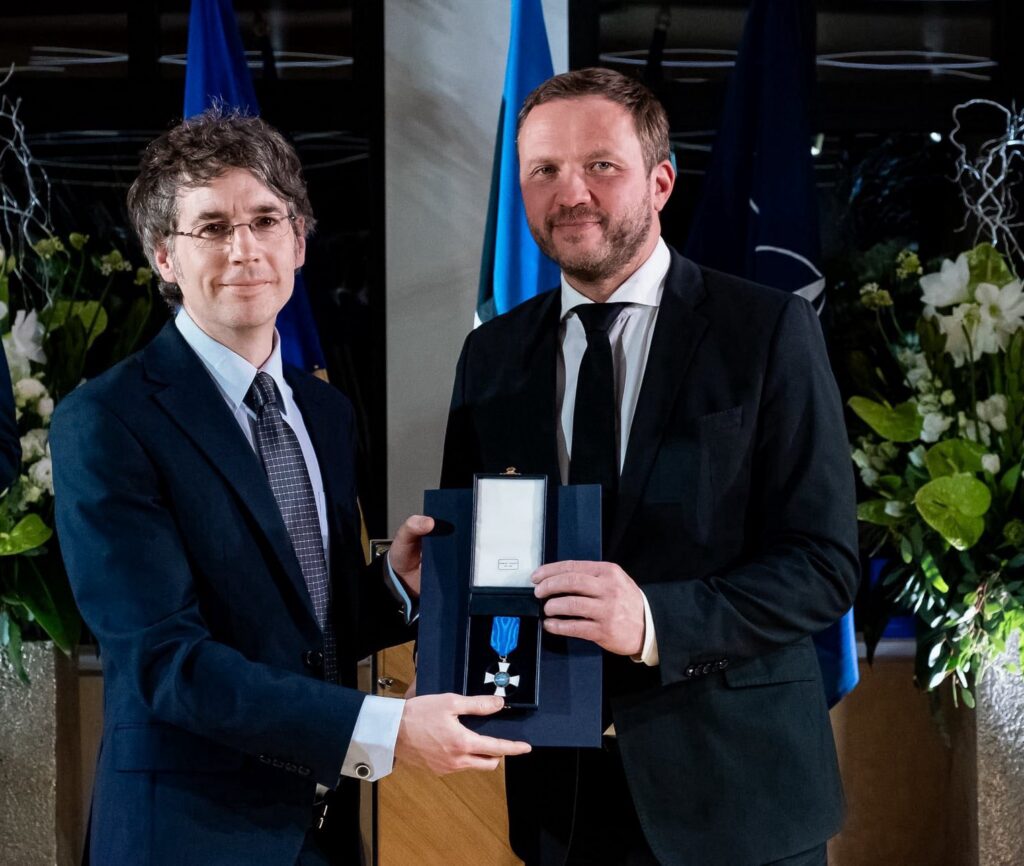
How the MFC Secretariat supports the Media Freedom Coalition to protect independent media at home and abroad
The MFC Secretariat, hosted by the Foundation, was awarded the Cross of Merit from the…
Read more
Statement on the Closure of the Context News Brand
A statement on the Closure of the Context News Brand from…
Read moreSupporting media and CSOs to curb illicit financial flows across sub-Saharan Africa
We…
Read more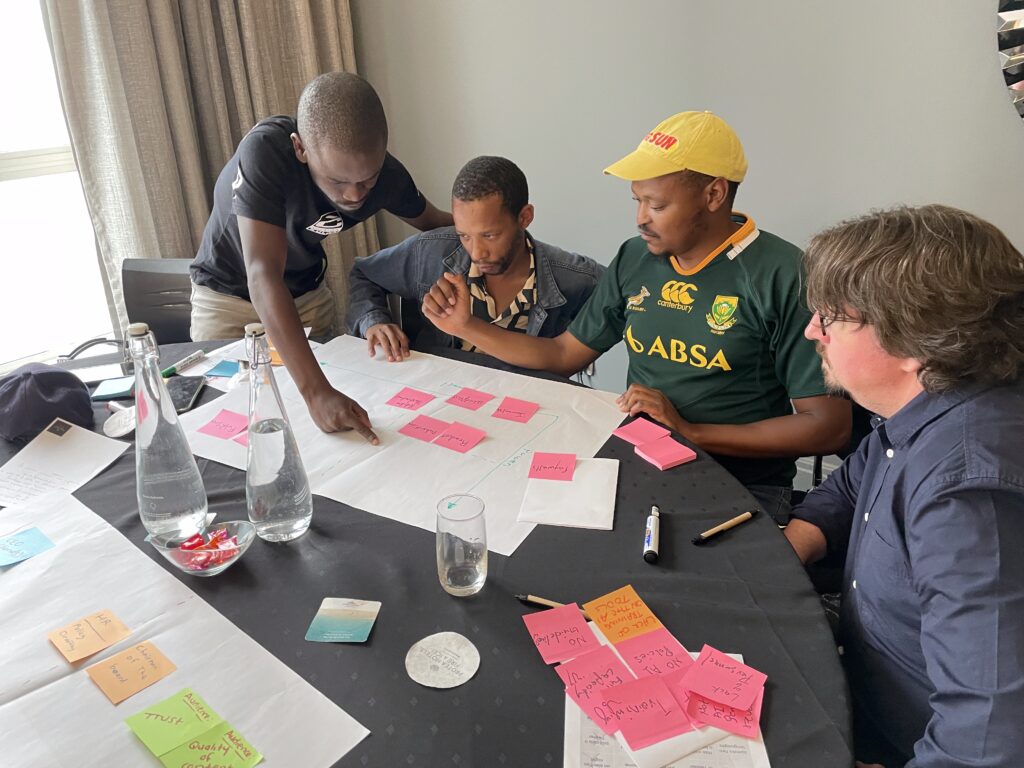
Our impact in 2025: Building resilience in a turbulent year
Our CEO Antonio Zappulla reflects on 2025:…
Read more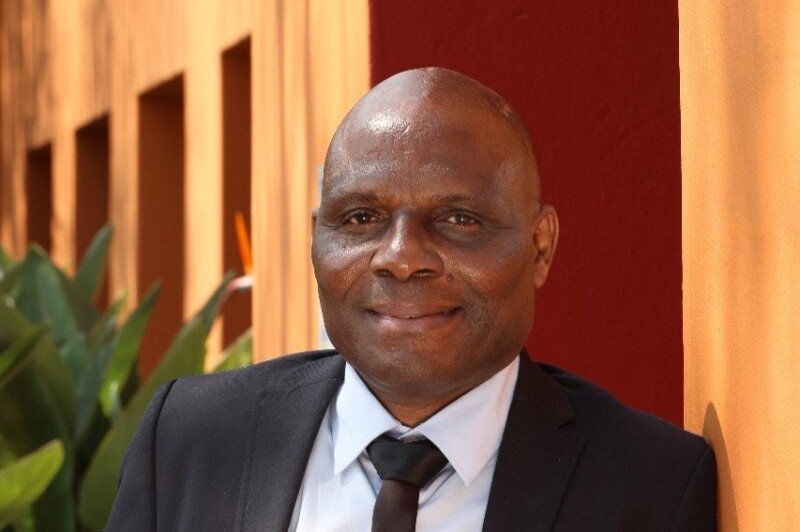
Uncovering illicit financial flows: Training that transformed one journalist’s approach to reporting
Find out how training from the Thomson Reuters Foundation transformed Fidelis…
Read more
Legal needs are rising for NGOs amid attacks on civil society and funding cuts, our latest report finds
Our new report finds that legal needs amongst NGOs have risen significantly over the last…
Read more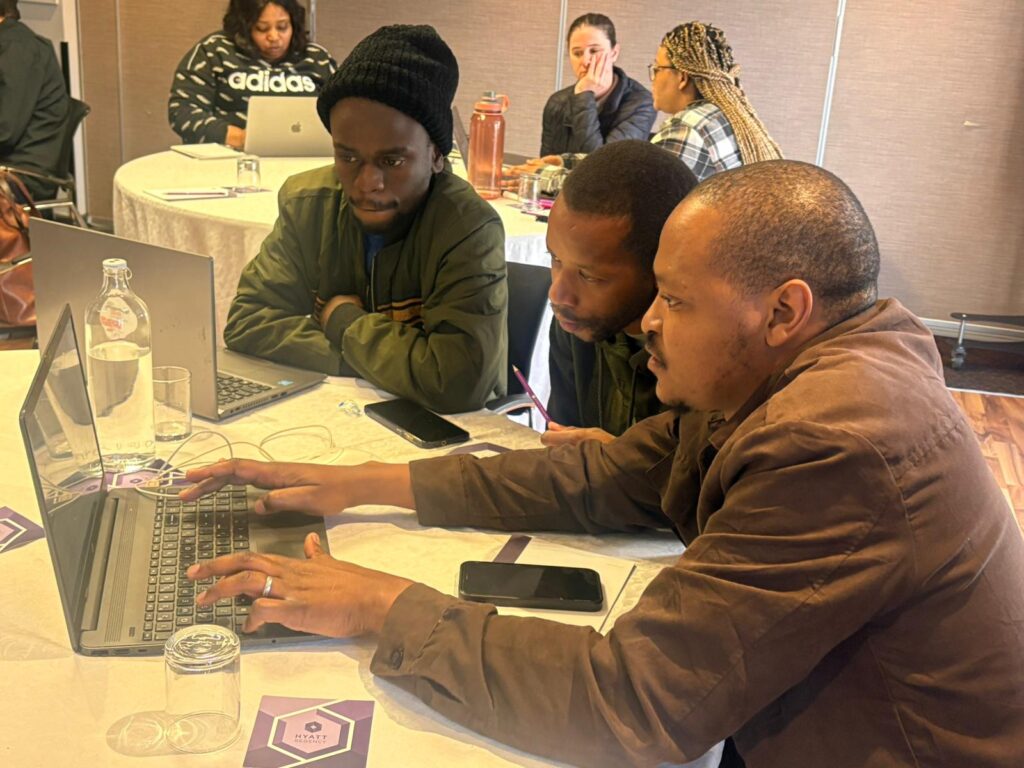
How South African newsrooms are benefiting from strategic and ethical AI adoption
We have…
Read more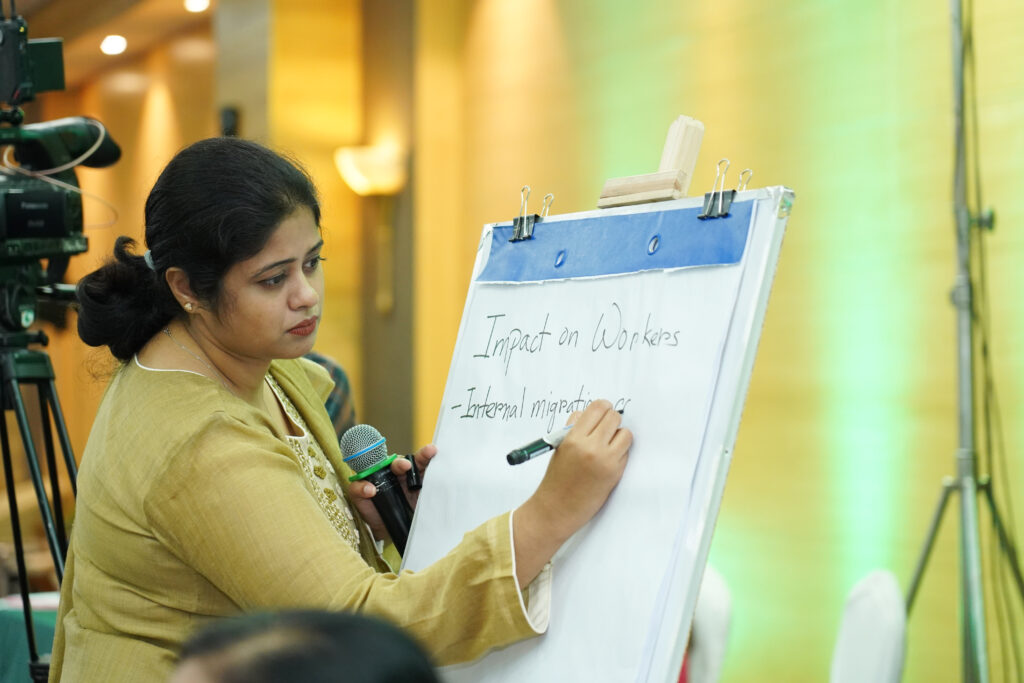
World’s largest dataset shows transparency gaps in AI adoption
The Thomson Reuters Foundation…
Read more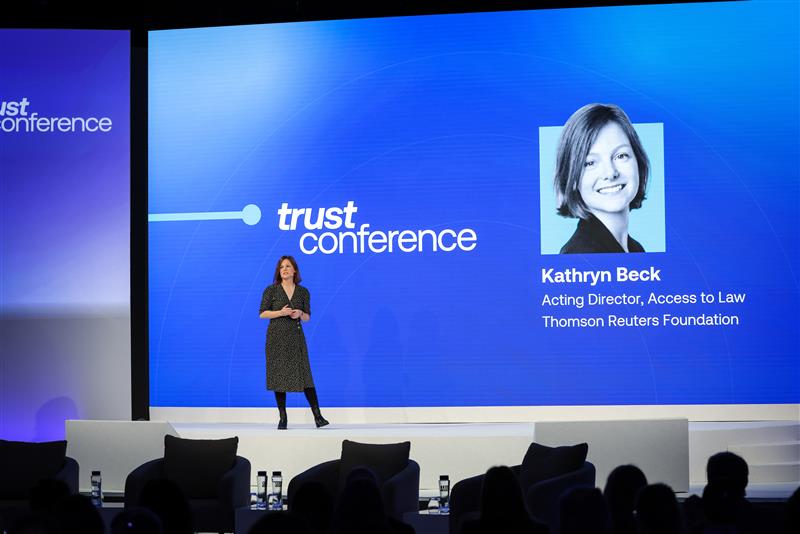
The authoritarian playbook in action: Insights from Trust Conference 2025
Learn our Acting…
Read more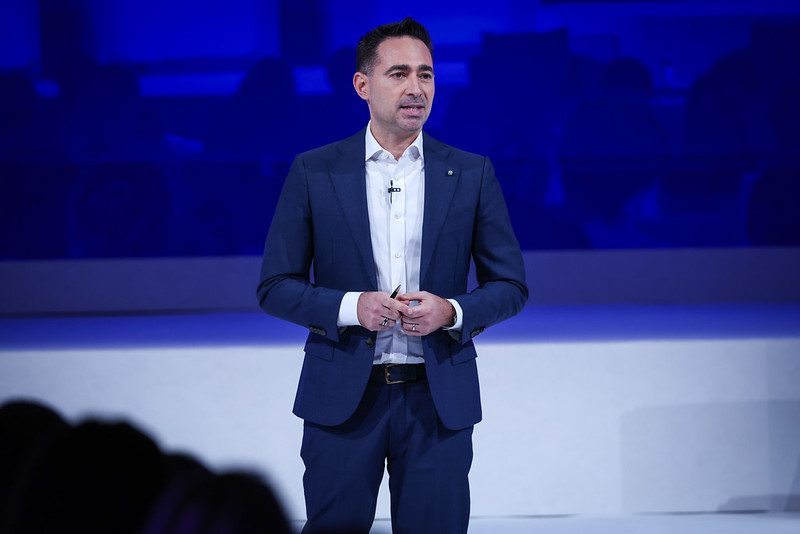
Antonio Zappulla: Technology is redefining power, information and influence. What is at stake?
View our CEO Antonio Zappulla’s opening remarks for Day Two of Trust Conference…
Read more

